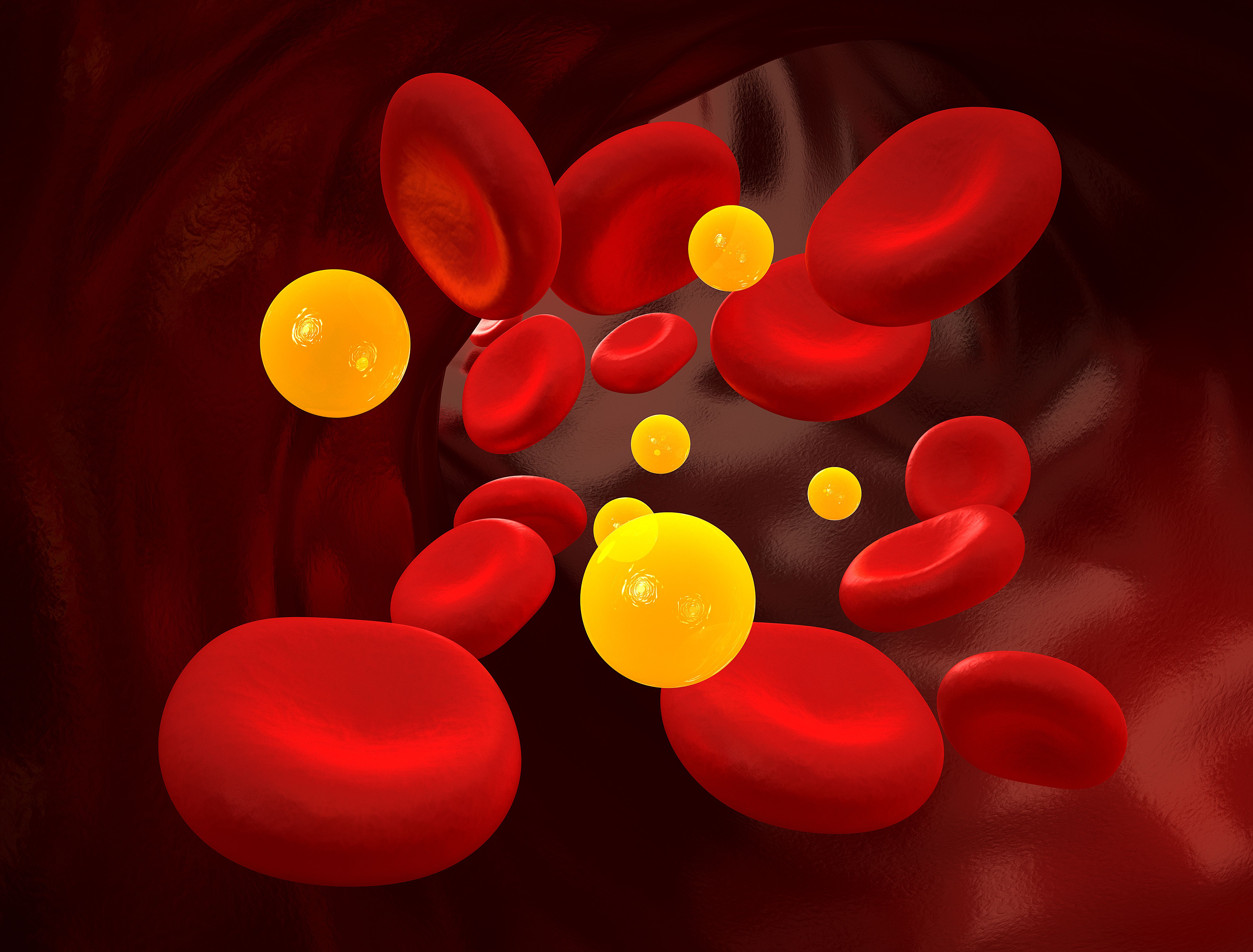Article
Claims Data Compares Safety, Effectiveness of Apixaban vs Rivaroxaban in AFib and Valvular Heart Disease
Ghadeer K. Dawwas, MSc, MBA, PhD

An analysis of 7 years’ worth of claims data from a commercial health insurance database suggests apixaban was associated with a lower risk of ischemic stroke or systemic embolism and for bleeding than rivaroxaban among people with atrial fibrillation (AF) and valvular heart disease.
A population-based study with a new-user, active comparator design, the National Institutes of Health-funded endeavor was launched with the intent of emulating a target trial to provide clinicians with further insight into comparative effectiveness and safety of the direct oral anticoagulants in patients with AF and valvular heart disease.
“We emulated a target trial using practice-based claims data and found that patients with AF and VHD who were new users of apixaban had a lower risk for ischemic stroke or systemic embolism and a lower risk for bleeding compared with rivaroxaban,” investigators wrote. “Until evidence from randomized controlled trials become available, we believe clinicians should consider our findings when selecting anticoagulants in patients with AF and VHD.”
Citing the lack of direct comparisons of the agents in patients with AF and valvular heart disease, a team from Perelman School of Medicine at the University of Pennsylvania led by Ghadeer K. Dawwas, MSc, MBA, PhD, conducted the current study with the intent of emulating a target trial of effectiveness and safety of apixaban and rivaroxaban in the aforementioned population. With this in mind, investigators leveraged Optum’s deidentified Clinformatics Data Mart Database to identify a patient population for their new-user, retrospective, active-comparator study.
Investigators sought to identify those with a first-recorded prescription of apixaban or rivaroxaban perscription with a diagnosis of both AF and valvular heart disease based on ICD-9 or -10 codes. Additional inclusion criteria required patients to be at least 18 years of age and have at least 12 months of continuous enrollment in medical and pharmacy benefits prior to cohort entry. Patients were excluded if they had end-stage renal disease, hip or knee replacement, stroke, systemic embolism, bioprosthetic heart valve replacement, or mechanical heart valve replacement. Users of dabigatran, edoxaban, and warfarin as well as users of dual or triple antithrombotic therapy were excluded from the study.
For the purpose of analysis, investigators included those who received drugs at full dose and reduced dose, with an exposure defined as filling a prescription for either agent or if the grace period between the end of the prescription's supply and the next refill was 30 days or less. The primary efficacy outcome of interest for the study included the occurrence of ischemic stroke or systemic embolism. Safety outcomes of interest included gastrointestinal or intracranial bleeding.
Performing a search of the Optum database from January 1, 2013-December 31, 2020, investigators identified a total of 58,210 patients for potential inclusion in their study. After propensity score-matching, 19,894 patients were identified for inclusion, with 9947 receiving each agent. Investigators pointed out covariates were well-balanced in the matched sample.
Upon analysis, results indicated use of apixaban was associated with a lower rate of ischemic stroke or systemic embolism (HR, 0.57 [95% CI, 0.40-0.80]) and bleeding events (HR, 0.51 [CI, 0.41-0.62]) compared to use of rivaroxaban. Further analysis suggested the absolute reduction in probability of stroke or systemic embolism with apixaban compared to rivaroxaban was 0.0026 within 6 months and 0.011 within 1 year of treatment initiation. Investigators also highlighted absolute reductions in probability of 0.012 within 6 months and 0.019 with 1 year of treatment initiation favoring apixaban rather than rivaroxaban.
“In this large, propensity score–matched cohort of patients with AF and VHD, we found that apixaban was associated with a lower rate of ischemic stroke or systemic embolism and a lower rate of intracranial or GI bleeding compared with rivaroxaban,” investigators added.
This study, “Apixaban Versus Rivaroxaban in Patients With Atrial Fibrillation and Valvular Heart Disease,” was published in the Annals of Internal Medicine.




